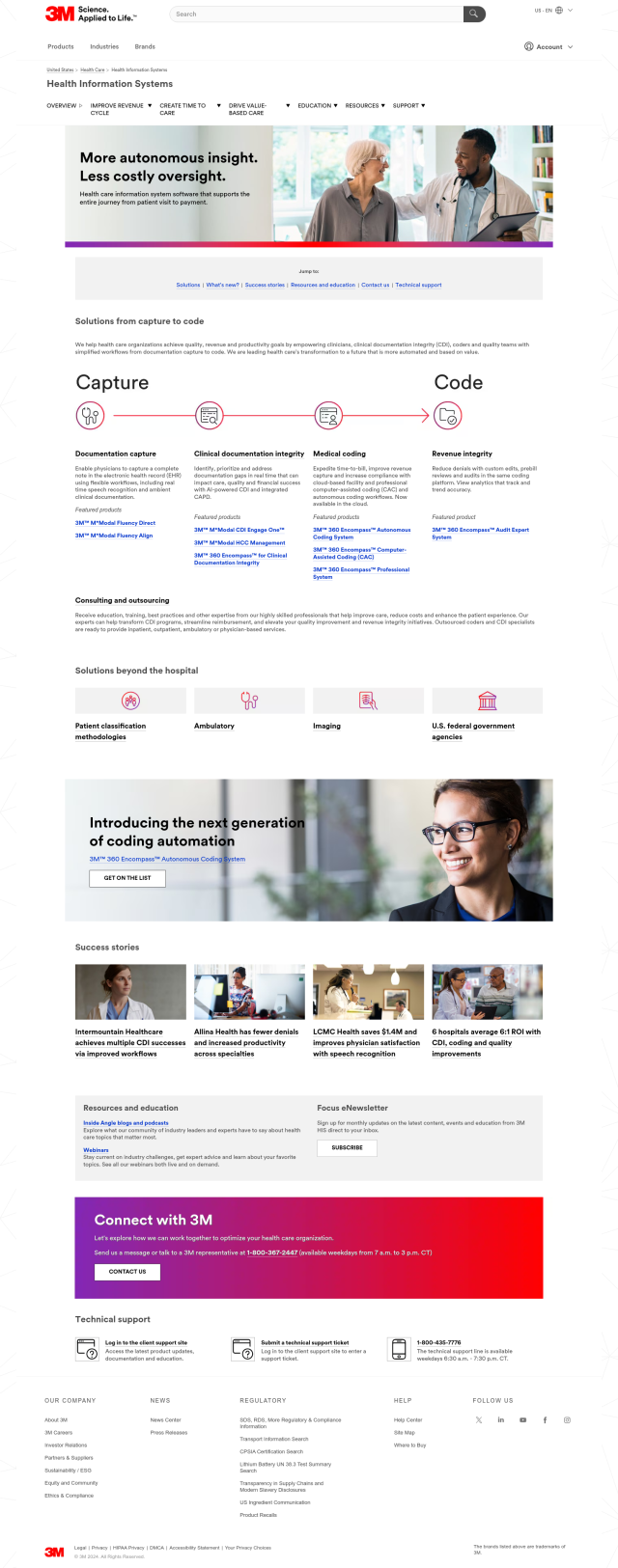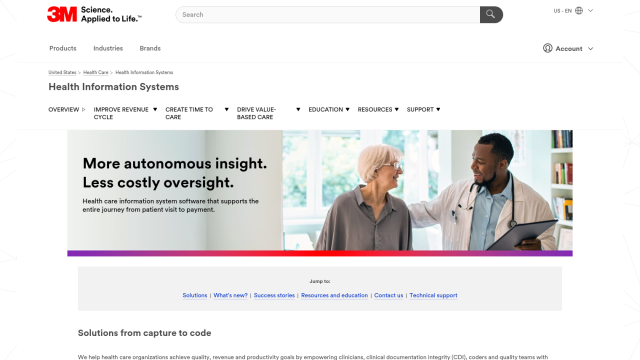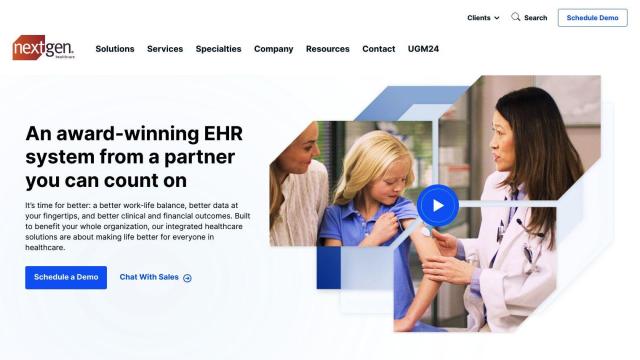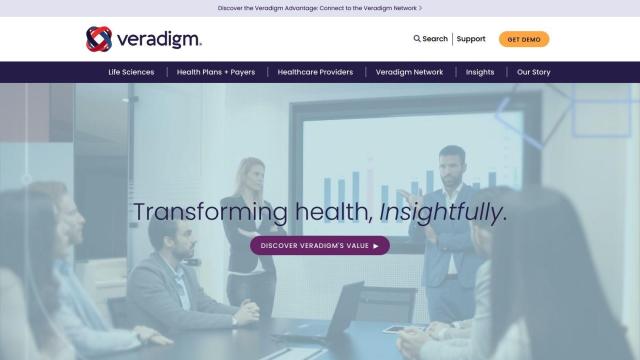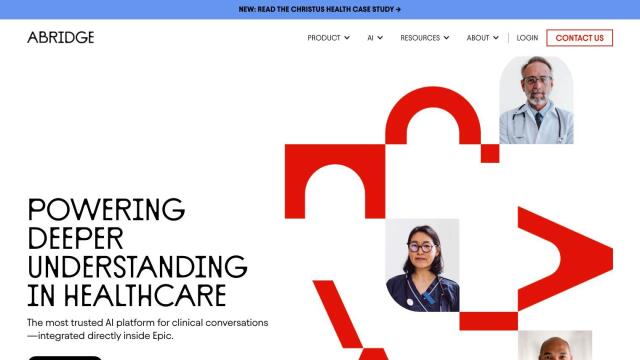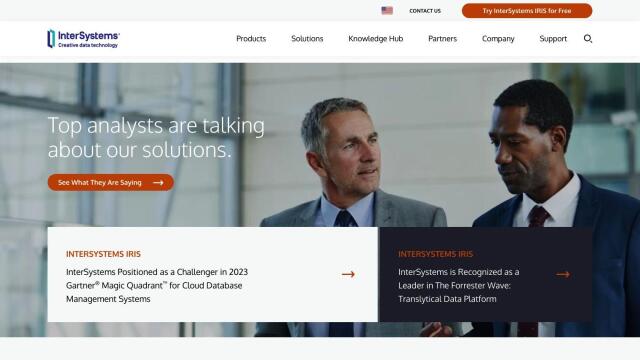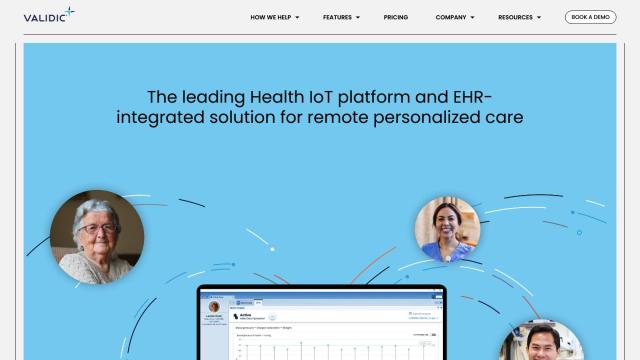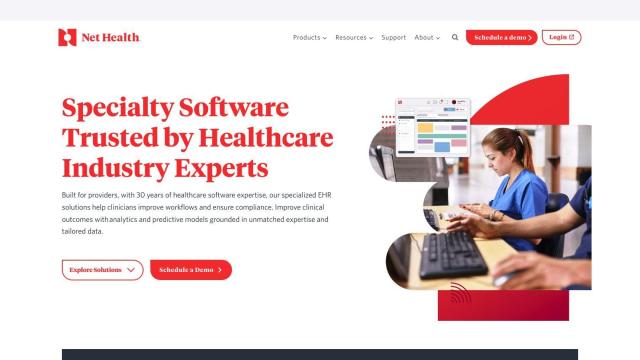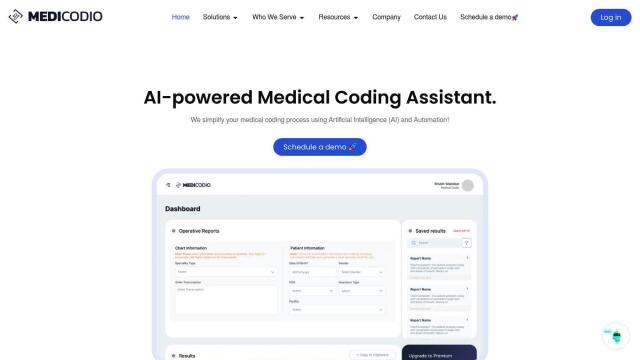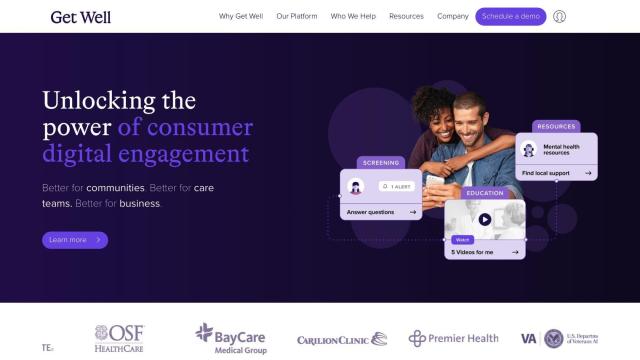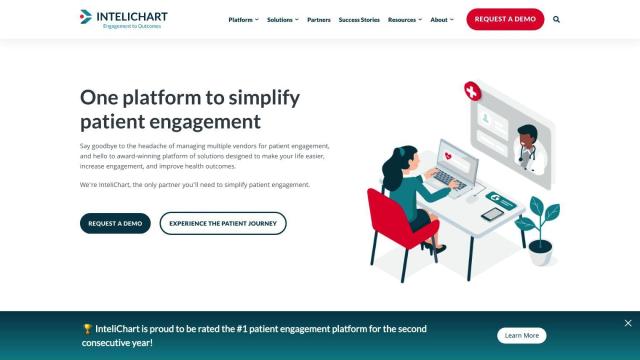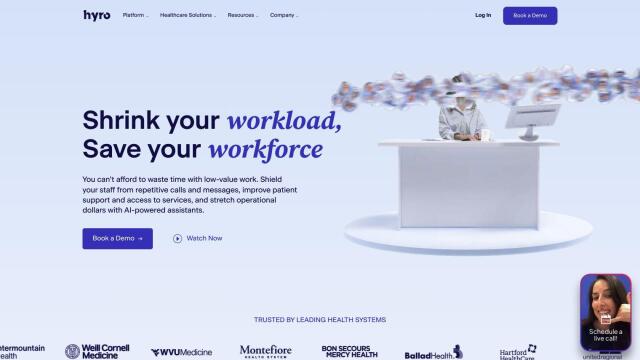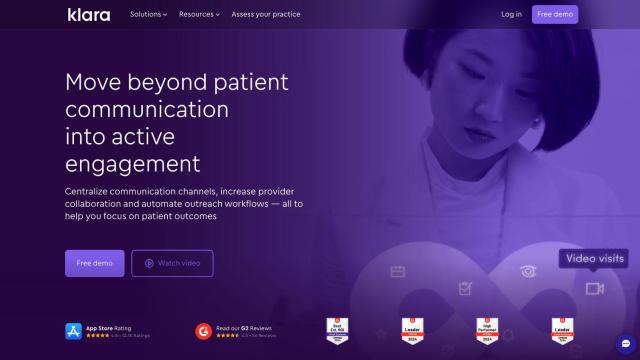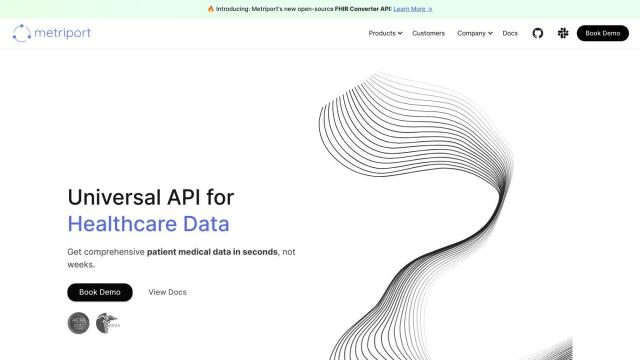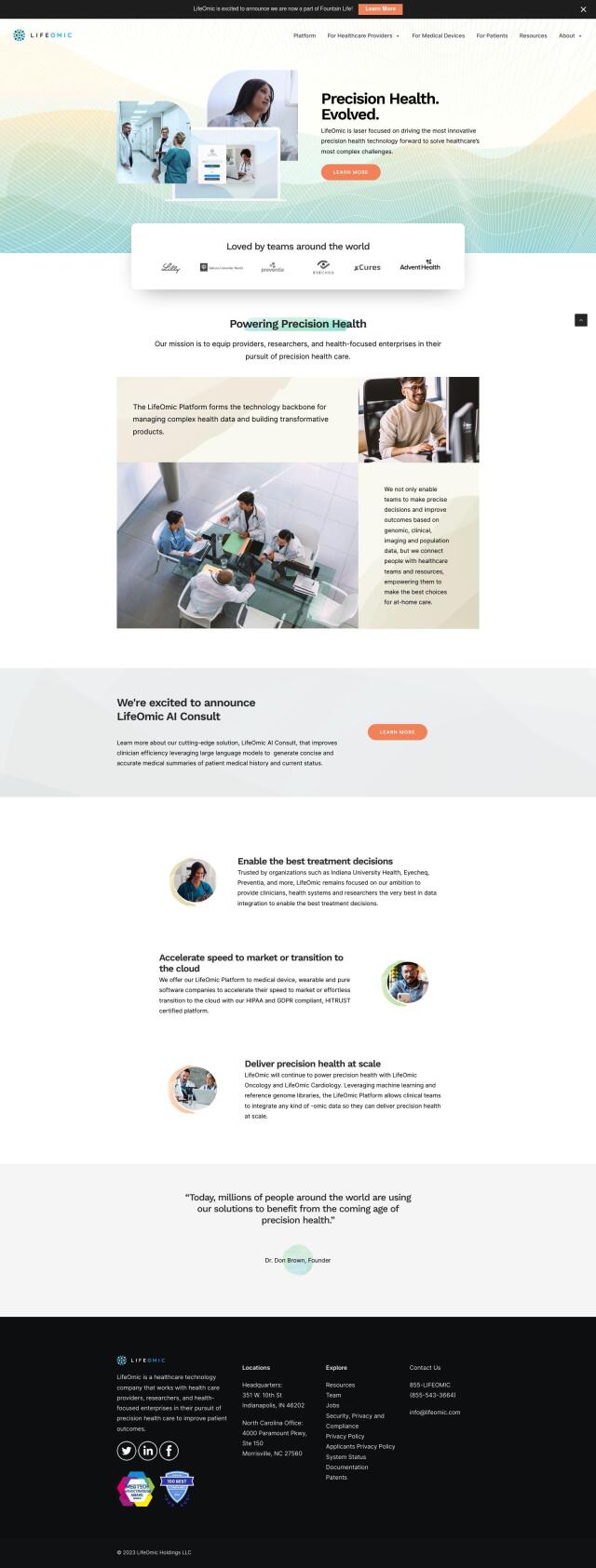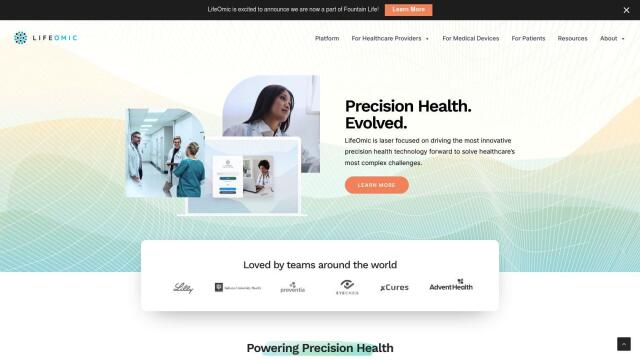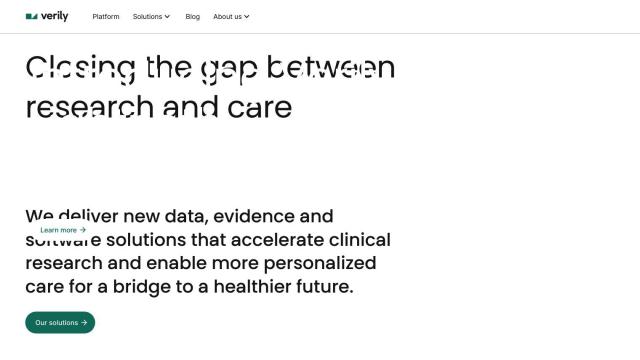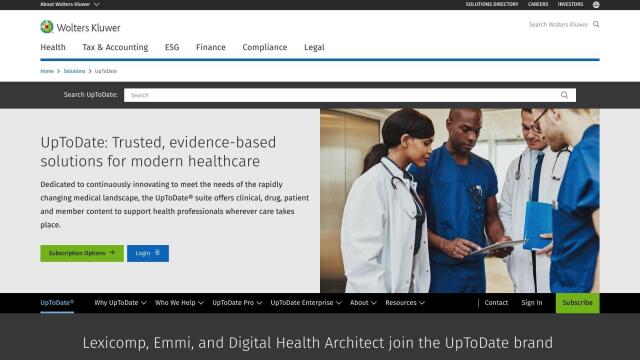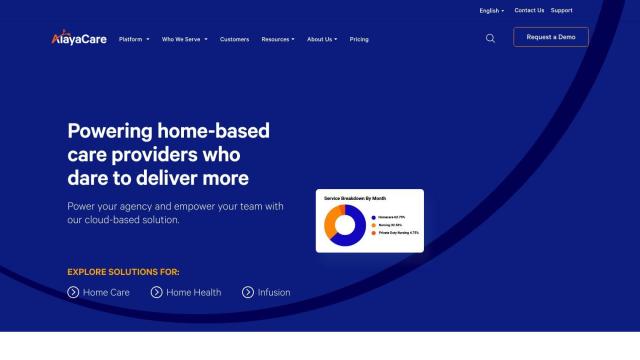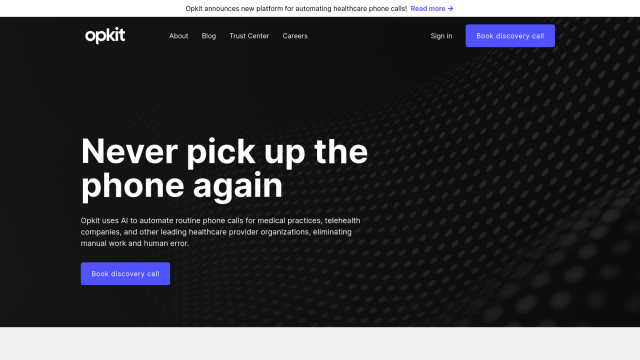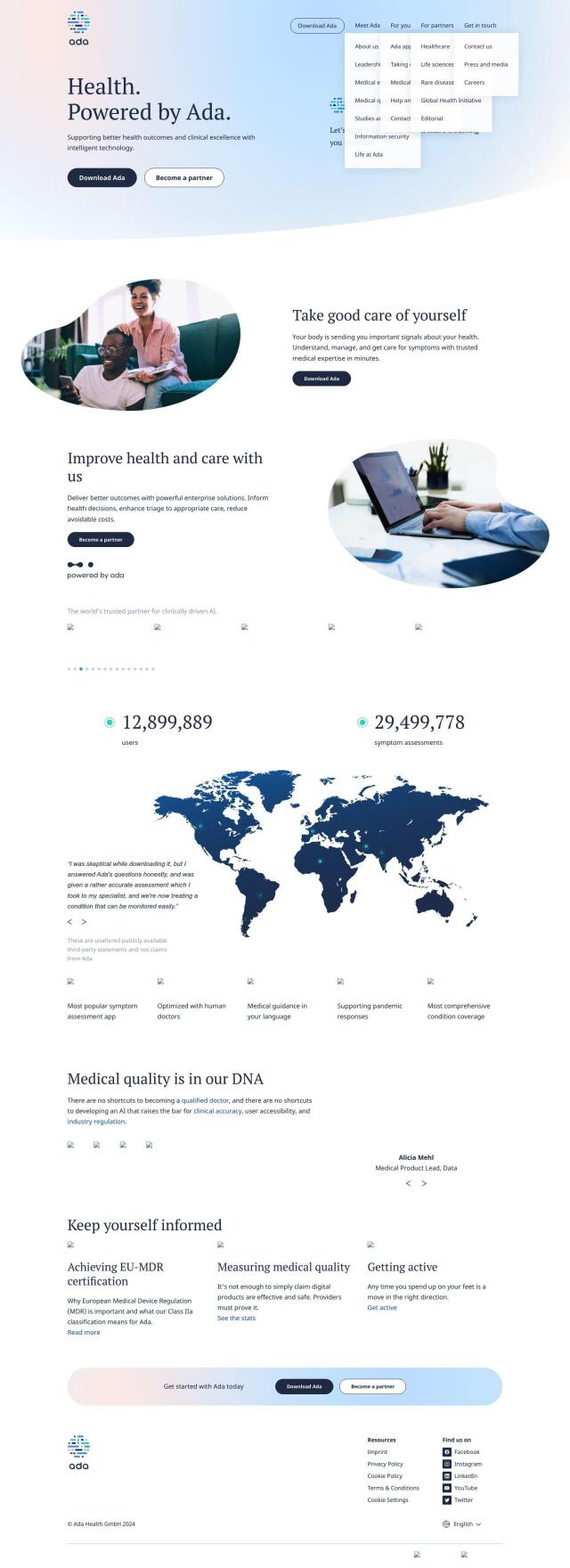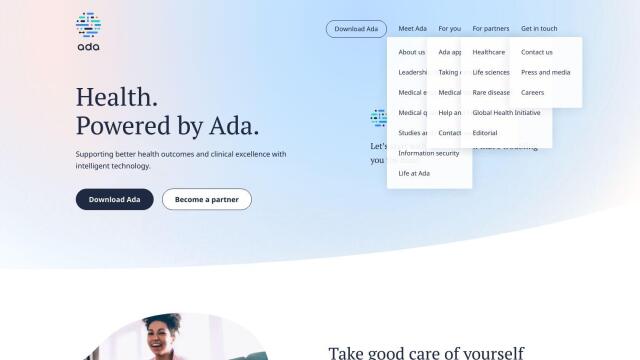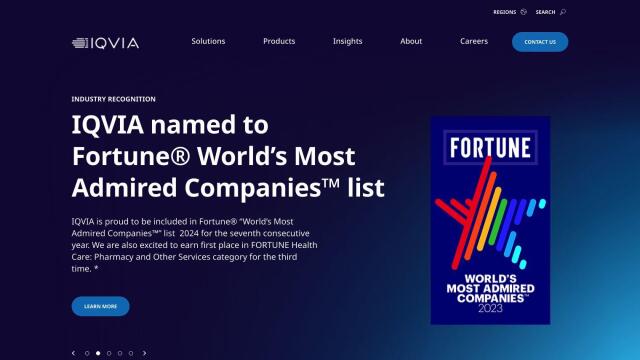Question: Is there a healthcare operations platform that can integrate with multiple EHRs and optimize revenue cycle management?

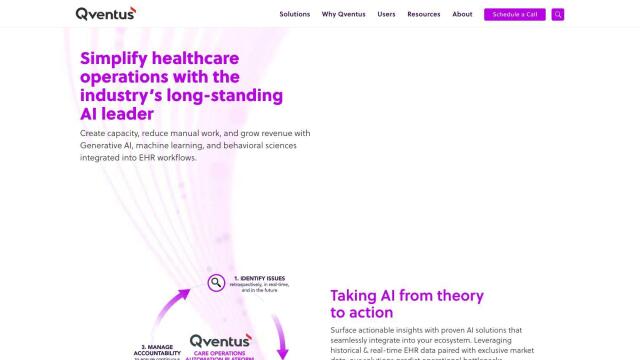
Qventus
If you're looking for a healthcare operations platform that spans multiple EHRs and helps with revenue cycle management, Qventus is a good option. The company uses AI, machine learning and behavioral science to help optimize patient flow and operations within EHR workflows. The platform automates tasks, predicts operational bottlenecks and recommends actions to reduce manual labor, making it a more comprehensive system for healthcare operations. It can integrate with multiple EHR systems, including Epic, Cerner, Allscripts and Meditech, and has reported strong returns on investment and productivity gains.

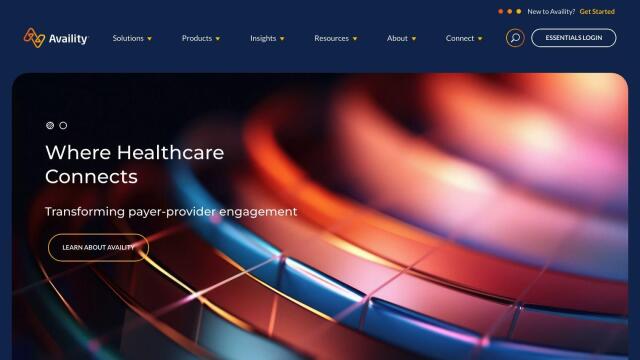
Availity
Another good option is Availity, an integrated provider engagement platform that helps streamline both administrative and clinical work. Availity has a robust revenue cycle management feature, including automated tools for pre-service, post-service and post-adjudication phases, as well as prior authorization, claim submission and denial prevention. The platform is designed to improve patient care and drive operational excellence, handling more than 13 billion transactions per year, and integrates with many EHR systems.

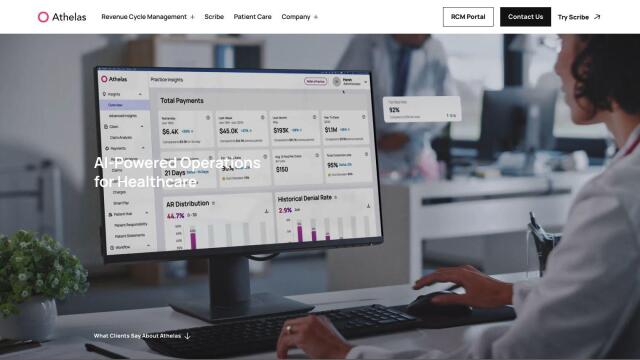
Athelas
For a more targeted approach, Athelas offers a collection of automation tools to improve revenue cycle management and ease administrative tasks. Its Athelas RCM automates work processes and provides real-time insights, and Athelas Scribe handles transcription. The platform integrates with more than 20 EHRs and offers features like same-day claims submissions and real-time transparency into medical billing, making it a good option to improve productivity and patient care.

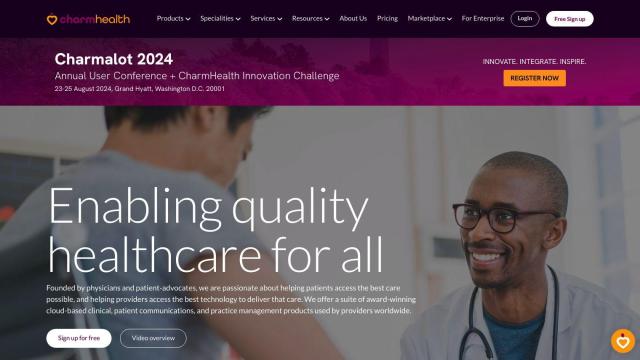
CharmHealth
Finally, CharmHealth offers a variety of integrated tools to improve healthcare operations, including a full EHR system, practice management tools and a robust revenue cycle management system. The platform is designed to improve performance, lower costs and improve patient care, making it a scalable and customizable option for a wide range of healthcare providers.
